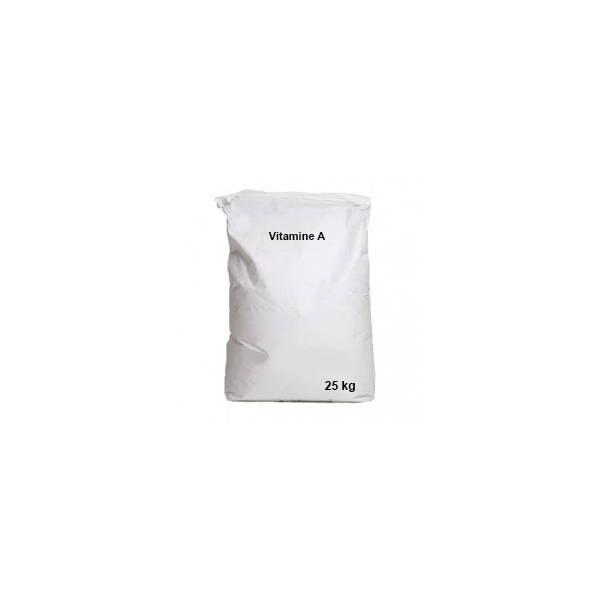Vitamin A, also known as retinol, is a fat-soluble vitamin essential for the human body and other organisms. Its chemical formula is C₂₀H₃₀O, and it is recognized for its multiple roles in maintaining various physiological functions.
Properties and Characteristics:
- Chemical Formula: Vitamin A is represented by the formula C₂₀H₃₀O, indicating its composition of carbon, hydrogen, and oxygen atoms.
- Fat-Soluble: Being a fat-soluble vitamin, it dissolves in fats and oils, unlike water-soluble vitamins.
Applications:
Vision:
- Retinal Function: Vitamin A plays a crucial role in vision, helping to maintain normal vision, especially in low-light conditions.
Skin Health:
- Cellular Renewal: It contributes to cellular renewal and skin health, promoting healthy and balanced skin.
Immune System:
- Immunity: Vitamin A is also essential for the optimal functioning of the immune system, helping to fight infections and maintain overall health.
Diet and Nutrition:
- Food Intake: Vitamin A is found in various foods, including green leafy vegetables, fruits, and some animal products. It is also available in supplement form for those who may have deficiencies.
Safety and Precautions:
Although vitamin A is essential for health, excessive consumption can have adverse effects. Therefore, it is crucial to follow dosage recommendations and consult a healthcare professional to avoid any risks associated with overconsumption.


